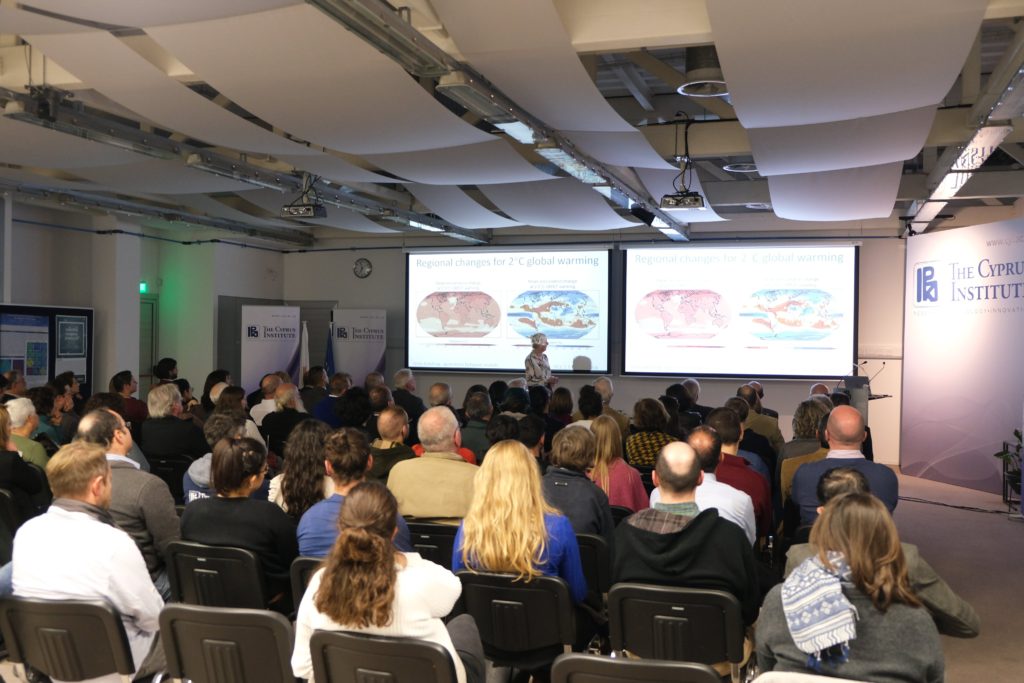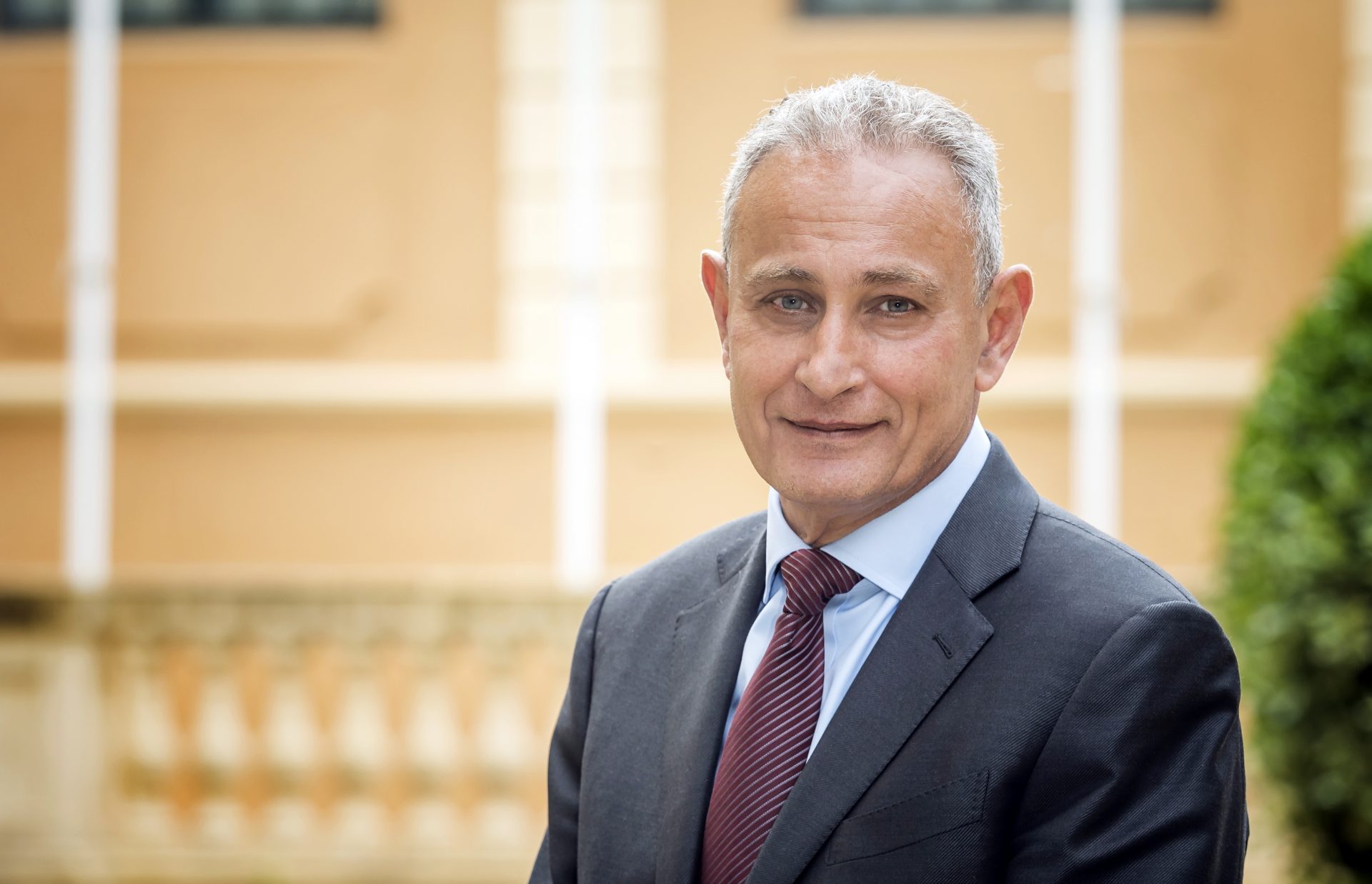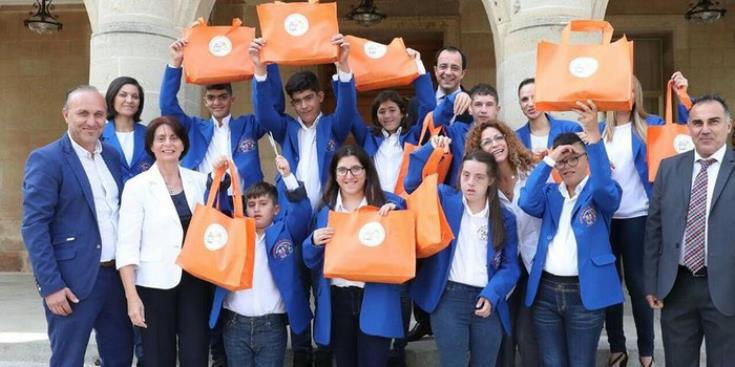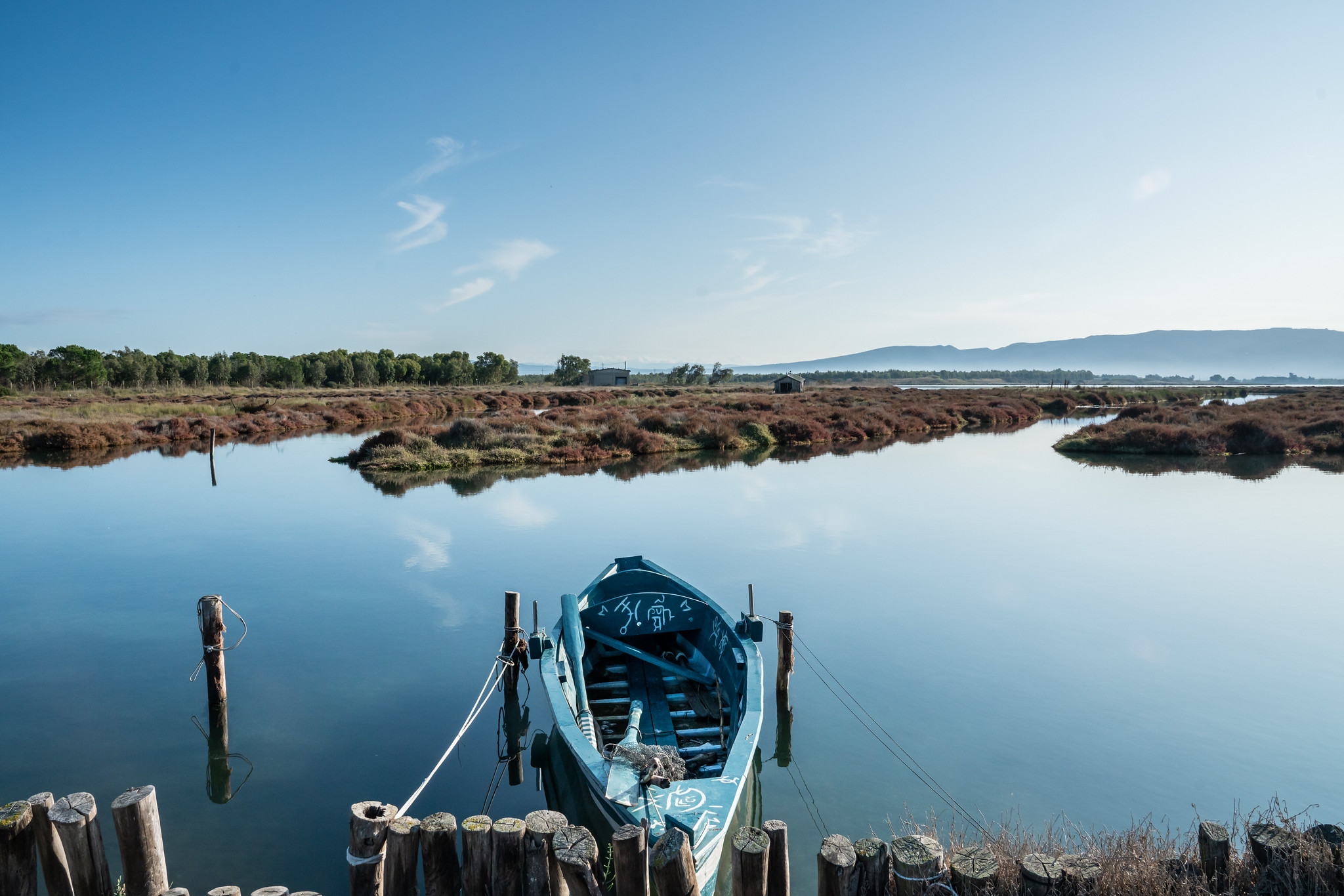(Story by Evie Mitsidou Phillips of Cyprus News Agency)
We need to stop net CO2 emissions otherwise “we are going to fry”, Joanna Haigh, former co-Director of the Grantham Institute on Climate Change and the Environment at Imperial College London, climate physicist, has warned.
Haigh delivered a lecture, on Tuesday evening, hosted at the Cyprus Institute entitled “Climate change: what is happening and what we can do about it.” It was the inaugural lecture of the Ronald Ross Lecture series, a joint initiative between the Cyprus Institute and the British High Commission in Nicosia.
Haigh displayed a series of models and comparative charts and graphs as well as different future scenarios showing, among other things, the connection between CO2 emissions and the rise in global temperature and how things will evolve depending on what action is taken.
The temperature, rose by about 5 C at the end of each ice age, she said, adding that it has risen by about 1 C every hundred years, something which is “not natural.”
Referring to the melting of the ice she explained that as less ice covers the surface of the earth, the surface gets darker so that means more warming. The sea she said, is rising faster than we thought, adding that a recent study shows that it may be rising seven times as fast than previously thought.
Haigh also noted that although it is impossible to say whether extreme weather events are caused directly by climate change, if one looks at the statistics of historical measurements or model simulations one “can see that certain events are very unusual.”
She also explained that concentrations of CO2 in the atmosphere are even worse than emissions, which is another challenge for scientists to meet.
On future rainfall, she said that prediction models are very ununiform, something which is also concerning. “Under the worst scenario by the middle of the century there will be 300 million people who are experiencing coastal flooding at least once a year,” she noted.
Global temperature increase is proportional to the total accumulated CO2 emissions, she pointed out.
“You may say that we don’t want the temperature to be above 1.5 C degrees. It doesn’t matter what number you choose. You have to stop the emissions. Because if you don’t stop the emissions it will carry on rising,” she said.
“Bite the bullet: Stop the emissions or else we are going to fry; It sounds exaggerated but it is not,” she stressed.
Haigh referred to the international agreement reached in Paris, in 2015, on climate change, noting that “when we are thinking about how awful things are now, we have to remember that it is possible to get countries to agree to things if they just tried.”
She also expressed the view that the Paris Agreement “was good in principle but it has not actually produced the goods.”
“We ought to get to effectively zero CO2 emissions by the middle of the century and after that we have actually got to suck CO2 out of the atmosphere somehow or other in order to get to the 1.5 degrees,” she said, adding that “it is a huge challenge.”
“Carbon dioxide needs to be removed from the atmosphere,” she said.
She explained that the most sensible action is to plant more trees, adding that unfortunately, she doesn’t think there is enough land area. She also referred to different techniques that could be used to solidify CO2 and then store it somewhere underground, adding however that they have not been proven yet.
“There is no easy answer to this at all,” she noted, expressing the hope that the next COP26 (Conference of the Parties on climate change) which will take place in Glasgow in November 2020 will be more productive.
In an address President of the Cyprus Institute Costas Papanicolas said the series of lectures is an opportunity to highlight the very important component of UK science and to view more broadly the defining role that British science has played in the historical development of Cyprus. Referring to Ronald Ross he said that he was the first who discovered that malaria was transmitted by mosquitos and that he visited Cyprus in 1913 to study the eradication of malaria in Cyprus. His influence on the island is of fantastic value, he said.
Deputy British High Commissioner Ian Whitting said in his address that as Cypriot ambition in the fields of tertiary education and research and innovation have grown, so have the links and cooperation of Cypriot and UK institutions. In a reference to Ronald Ross, he said that after he came to Cyprus and his research was examined and reported, a student of his, Mehmet Aziz led the effort to eradicate malaria once and for all from Cyprus. “From his position as Chief Health Inspector in 1946 he used the knowledge provided by Ross and others and devised a Cypriot method to eradicate malaria, in three years freeing Cyprus from a disease that still causes more than 445,000 deaths globally every year,” he added. “It is difficult to think of a more powerful example of the tangible benefits of this type of cooperation,” Whitting noted.
On his part, Vassilis Tsakalos Director General of the Research and Innovation Foundation said that this series of events “adds great value to the broader collaboration between Cyprus and the UK which we all know is very intensive and multifaceted.” He added that the UK is within Cyprus’ top five collaborators in Horizon 2020 projects, with more than 500 collaborative links.
Cyprus News Agency was a media sponsor for the event.



